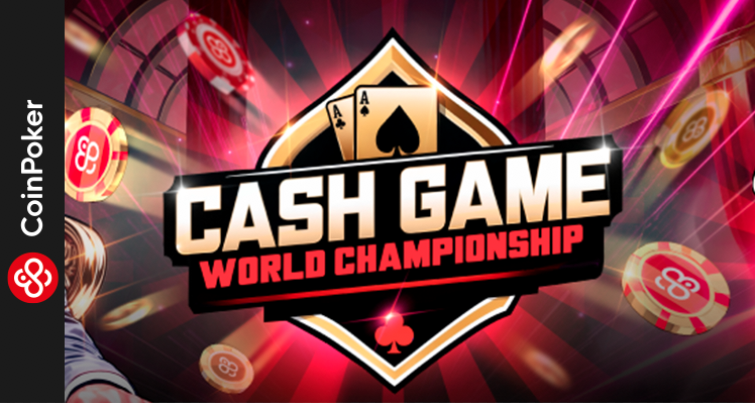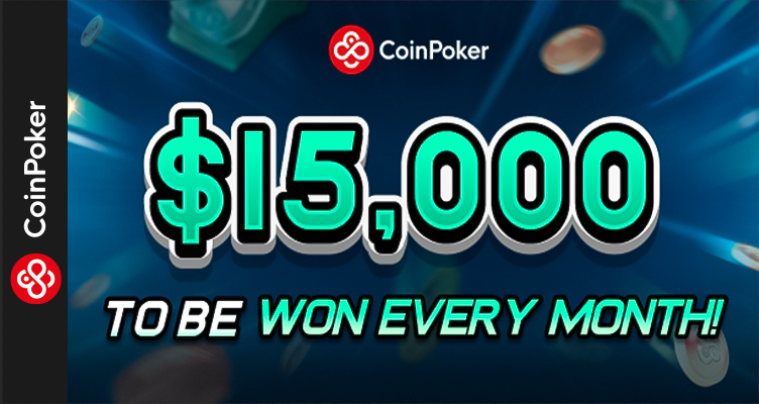

7 strategies for poker tournaments

Any amateur poker player aspires to play at
professional poker tables and international competitions. Dozens of poker
tournaments are held every year for players of all levels, although the
best known are those that bring together some of the best players in the world.
These tournaments represent the elite of poker
and are the springboard to stardom for many of them, who end up consecrating
themselves and going down in the annals of poker history. But nothing is
achieved out of nothing, and the great champions have always been great
students of mathematics and probabilities and have known how to get more out of
it than any of their rivals.
This is where tournament poker strategies come
into play, sometimes tremendously complex, where the players' ability to handle
all the variables surrounding a poker game is put to the test.
To give you a closer look at the dynamics of
these competitions, we've put together a compendium of seven of the best
poker tournament strategies - that's how the stars win!
Avoid rookie mistakes
preflop
The early stages of the game are a good time to
start to get players to grips with the game, and the less experienced players
will quickly be exposed for displaying a somewhat inaccurate style of play. It
is common for the less experienced players at the table to begin to make some
big mistakes, almost always produced by the false belief that they are
following a winning strategy, when this is not really the case.
Focusing efforts to pay many flops waiting for
the small pairs to improve is one of the worst poker strategies, for
tournaments and for any minimally competitive game, because it will deprive
you of having better hands in the most important stages of the game.
If we talk about online poker, this becomes
even more relevant.
It is essential that a strategy for online poker tournaments is simmered, well
thought out and does not neglect the possibilities of the other players, since
some modalities base their dynamics on the start of the first minutes of the
game.
Study your body language
and watch out for bluffing
It is taken for granted that any poker player
with a minimum knowledge of the game understands that he must be aware of the
opponents he is playing against, but in practice this goes unnoticed more than
it should. Many poker strategies for tournaments end up failing because of
not having managed all the variables, something that the most experienced
will know how to take advantage of to fleece you.
The same happens with the online side of the
game: in virtual poker, not being able to study the body language of the
opponents, it can be more confusing to understand what their game is.
Therefore, the margin for error in a strategy for online poker tournaments
is usually smaller, since an oversight is more expensive.
Also, keep in mind that it will be the players
to your left and right with whom you will be fighting for the blinds. Studying
these opponents properly can expand your repertoire of strategies for
the most competitive poker tournaments.
Use online poker games as
a testing ground
Although online poker loses some of the essence
of face-to-face study of the opponent, almost every online poker tournament
strategy is going to be characterized by one thing: it is much more
aggressive.
And that is because online poker works with
other dynamics, and its game is usually much faster, which raises the
tension more easily and causes that even the most experienced players can
make more mistakes.
In addition, amateur online poker games are
excellent test beds where you can try out new strategies and see if they really
work. Best of all, this sort of simulation will closely resemble the real
game situations you might encounter in a live fire game, so don't miss the
opportunity to try them out to gauge their effectiveness.
Many of the best poker tournament strategies
that have been part of legendary games have been tested in virtual games to see
how effective they are under certain circumstances. This is an excellent way
to improve technique and refine certain aspects of the game.
Keep in mind, however, that some online poker
games have rigged rules and allow certain concessions that are not allowed in
professional tournaments and high-level games. For that reason, it is best that
you never extrapolate a strategy for online poker tournaments without
having first put it into practice in a real competitive situation.
Only then can you be sure that it can work.
Take advantage of the
post-flop to get the best hand
Underestimated by some players with little to
gain and much to learn, the post-flop is a fundamental part of the game. Based
on strength, experience and dedication, the best poker players have understood
that winning does not only depend on having good cards or executing the best
strategy: it also depends on other aspects, such as the ability to adapt or
make a correct reading of what is happening at the table, something that
goes especially for online poker games.
The key to squeeze the most of the post-flop
possibilities is that you play with your opponents to a tense game of cat
and mouse, hiding your chances, but putting pressure on the rivals. You can
show your threatening play by taking small pots in a short time with any kind
of cards, increasing the stakes on dry flops.
It can also generate the opposite effect on the
opponents, something that also benefits you. Maybe when they see you as a
player who goes for small pots, they stop considering you a threat, although it
is normal that they are nervous. All this can be very useful to get a good
hand when they are no longer analyzing your game and do not let go until
the end of the game. The probability of success of this poker strategy for
tournaments is very high.
Adapt your game to
multi-table tournaments
Multi-table poker tournaments, commonly known
as MTT poker tournaments, are large competitions where several pairs of poker
tables are brought together to run competitions simultaneously. Although they
actually work the same as other types of poker events, sometimes it will be
necessary to adapt the strategy to the MTT: poker in this type of
competitions can present different formats and they are also very attractive
because they allow you to play for huge sums of money for a small amount.
To give you an idea of the dynamics of this
type of tournaments, we will tell you that the boom of online poker was
preceded by the aggressive expansion of these competitions in the late 90's,
a format that still has a large legion of followers.
Small pairs are always
better at the beginning of an MTT tournament
Any MTT strategy in poker has to be adapted to
the size of the stack, one of the fundamental aspects of multi-table poker
tournaments. But something fundamental of this type of competitions is that, in
order to receive the implied odds payout, players must hit their set,
having the best hand. They just have to wait for the opponent to have a hand
with which they are willing to go to the felt.
For this reason, in the early stages of the
game it is much better to have small pairs, when there is a better chance that
the pots will be multidirectional. And keep in mind that, when hitting your
set, it's quite likely that someone else will have a strong hand.
Put pressure on
consistently
The reason MTT poker tournaments have such a
strong following is that they're perfect for players who like to press all the
time during the game. Multi-table poker games are designed for players with
an aggressive and insistent profile.
On the online side, the most experienced
players are able to shape a strategy in MTT poker tournaments that allow them
to manipulate the moves of their opponents, inducing them to make mistakes. The
best way to put pressure is to win a lot of small pots, following up your
preflop bets with nothing on dry flops.
You may also like

Straights in poker
Learning how to play poker is really important when it comes to winning games against the strongest opponents. Poker may seem like a simple card game, but we can assure you that it is more complex...

How Neymar lost 1M € playing online poker
Although it seemed that the famous PSG player lost a million euros playing poker, it was all a hoax, a viral marketing strategy with Neymar Jr. as the protagonist.It had the expected effect, as the...

Phil Ivey: who is the Tiger Woods of poker?
One of the best poker players in the world is Phil Ivey. The player for many people is like the Tiger Woods of poker, which means that he is one of the players with the biggest following worldwide....













